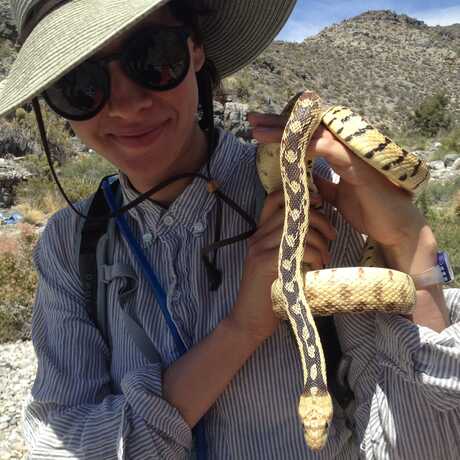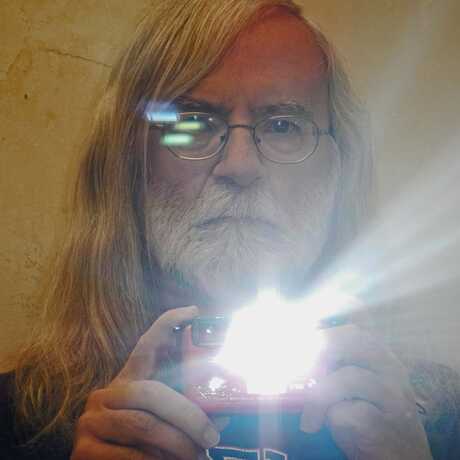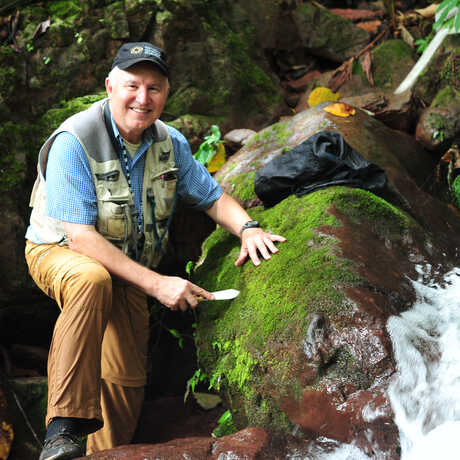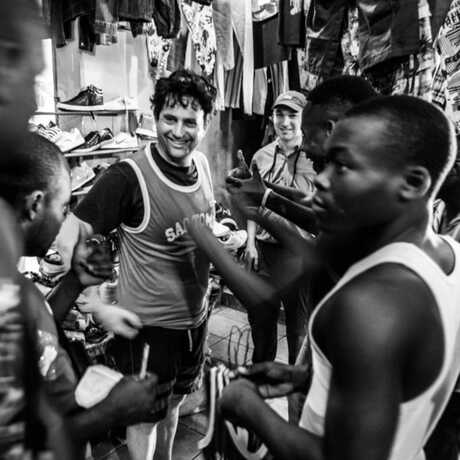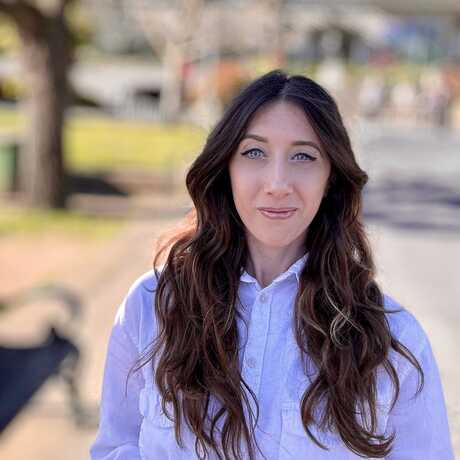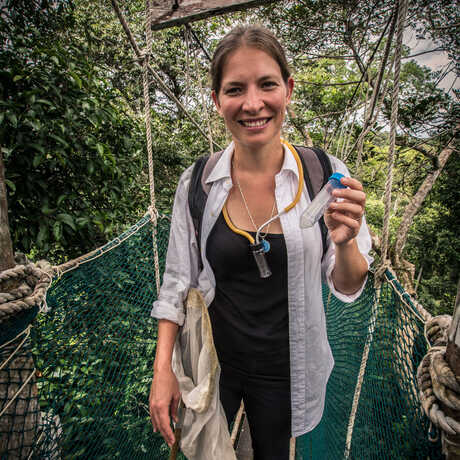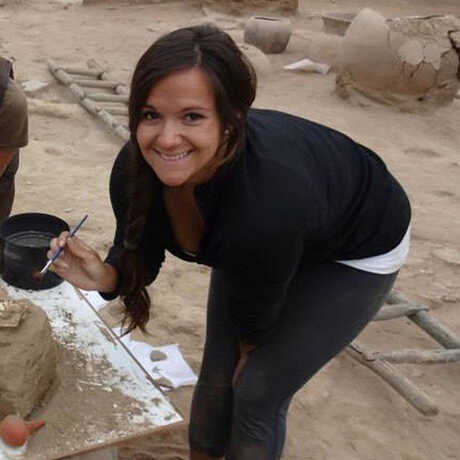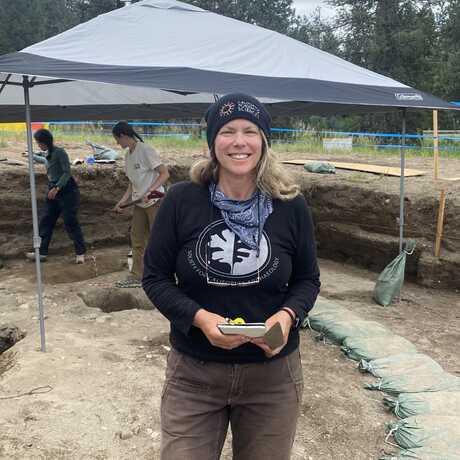Search for Academy curators, collections managers, and research staff working to answer some of the world's most pressing scientific questions.
At the Academy, I oversee all computing activities within the research group. While this role primarily supports collections data and genomics research, it also encompasses many other aspects of the scientific work we do.
My ongoing research interests are on moss floristics and basic bryophyte inventory activities. My field work shifted around 1997 from flowering plants to bryophytes with an emphasis in bryogeography through specimen acquisition to expand the diversity of the collections within the CAS herbarium. Thirteen plant species have been named in my honor including seven flowering plants and six mosses including the moss genus Shevockia endemic to Asia.
The Simison lab investigates the processes that generate, maintain, and reduce biodiversity. In particular, we are interested in the process of speciation. We use comparative genomics techniques such as RADseq, Ultra Conserved Elements, transcriptomics, and whole genomes to study the role of admixture and introgression in speciation. We are currently focusing on the globally invasive red eared slider turtle system (Trachemys scripta elegans) native to North America.

